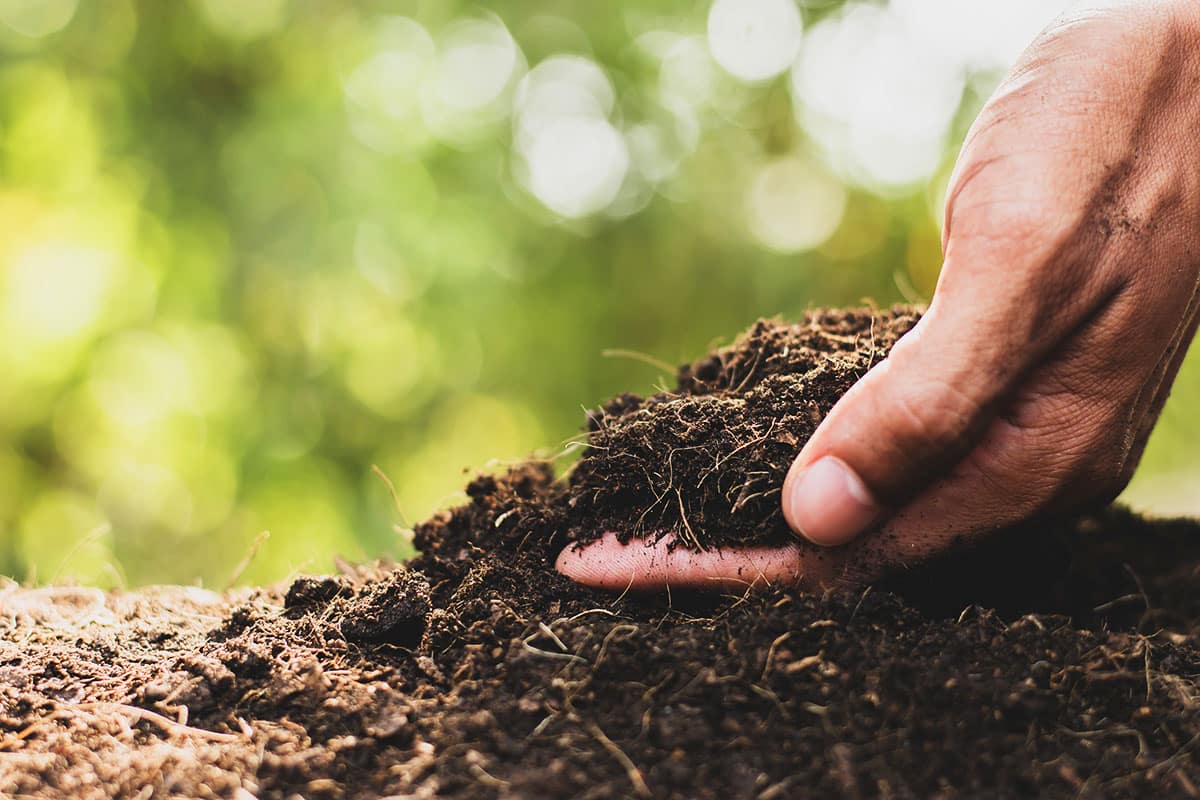The Composting Revolution: How it Can Reduce Waste and Nourish Your Garden
As our world continues to grow, so does our garbage. With landfills reaching capacity, it’s time for us to start thinking about alternative ways of dealing with our waste. One such way is composting, a simple practice that not only reduces the amount of waste we produce but also nourishes our gardens. In this article, we’ll explore the benefits of composting, how to get started, and some useful tips and advice.
The Benefits of Composting
Composting has been used for centuries, but it’s only in recent years that it’s gained popularity as a way of reducing waste. So, what are the benefits of composting?
1. Reduces Waste: Composting diverts organic materials from landfills, reducing the amount of waste that goes into them. In turn, this extends the life of landfills and reduces the need for more of them.
2. Nourishes the Soil: Compost is one of the best ways to enrich garden soil. It provides a range of nutrients necessary for plant growth and helps to retain moisture.
3. Reduces Greenhouse Gas Emissions: When organic materials decompose in landfills, they release methane, a potent greenhouse gas. Composting reduces the amount of organic materials in landfills, thus reducing methane emissions.
4. Saves Money: Composting is a cost-effective way of reducing waste. Instead of throwing away organic materials, you can use them to create compost, saving on garbage disposal costs.
Getting Started with Composting
Composting may seem daunting at first, but it’s actually quite simple. To get started, you’ll need the following:
1. Compost Bin: You can buy a pre-made compost bin or make your own. A bin with a lid is best to keep pests out.
2. Green and Brown Materials: Green materials include grass clippings, food scraps, and coffee grounds. Brown materials include leaves, paper, and cardboard.
3. Water: You’ll need to moisten the materials to aid in decomposition.
Once you have your materials and bin, you’ll need to start layering. Alternate green and brown materials, making sure to add a layer of soil or finished compost to introduce microorganisms that will aid in decomposition. Keep the pile moist but not too wet and turn it every few weeks to aerate it. After a few months, your compost should be ready to use.
Tips and Advice for Successful Composting
To ensure your composting practice is successful, here are some tips and advice:
1. Balance Your Materials: The key to a healthy compost pile is balance. Aim for a ratio of 1 part green material to 2 parts brown material.
2. Chop or Shred Materials: The smaller the materials, the quicker they’ll decompose. Use a lawnmower or chipper to chop or shred larger materials like branches.
3. Keep the Pile Moist but Not Too Wet: The pile should be moist but not dripping. If it becomes too wet, add more brown materials.
4. Turn the Pile: Turning the pile every few weeks helps to aerate it and speed up decomposition. If you’re using a tumbler bin, simply rotate it every few days.
5. Avoid Certain Materials: Avoid adding meat, dairy, and oily foods to your compost pile as they can attract pests and make the pile smell.
The Future of Composting
Composting is gaining popularity as people become more aware of the impact their waste has on the environment. In some cities, composting is even mandatory. But the future of composting goes beyond simply reducing waste. It has the potential to revolutionize agriculture.
Compost can be used as an alternative to chemical fertilizers, which can have harmful effects on the environment. By using compost, farmers can improve the health of their soil and reduce erosion. This, in turn, can lead to higher crop yields and healthier food.
In addition to agriculture, composting has the potential to revolutionize waste management. Municipalities can create composting facilities to process organic waste, reducing the amount of waste that goes into landfills and creating jobs in the process.
Summary
Composting is a simple practice that has numerous benefits. It reduces waste, nourishes soil, reduces greenhouse gas emissions, and saves money. To get started with composting, you’ll need a compost bin, green and brown materials, and water. By balancing your materials, chopping or shredding them, keeping the pile moist but not too wet, turning it, and avoiding certain materials, you can ensure a successful practice. The future of composting goes beyond waste reduction and has the potential to revolutionize agriculture and waste management.

Deja una respuesta